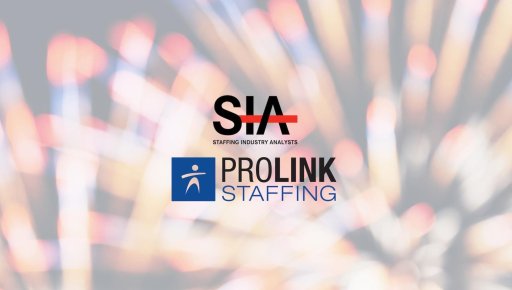In the United States, more than one in five adults live with a form of mental illness. Although not everyone struggling with a mental health concern requires hospitalization, many do, and that puts a strain on the country’s healthcare system. In general, there are more mental health patients admitted into hospitals than there are available beds, a shortage that’s worsened by the lack of specialized professionals in the mental health field.
Importance of specialized mental health staff
The complexities of mental health conditions require a specialized approach. As such, it’s necessary to have experts who know how to treat both crises and chronic mental health conditions so that patients can receive the exact level of care they need. To that end, mental health professionals provide crucial and expert insight.
Furthermore, having staff in diverse roles, including those that focus on addiction alongside clinical psychologists and social workers, means being able to offer the reliable care that patients need no matter the challenges they face.
Facilities with higher ratios of mental health professionals offer more effective means of managing complex conditions, leading to better patient outcomes and lower readmission rates. But even beyond clinical care, having people who are experienced in dealing with mental health means being able to offer compassionate care to patients.
Challenges of mental health staffing and recruiting
Today, being fueled by a higher awareness of the struggles people face and the decreased stigmatization surrounding mental illnesses, the demand for specialized mental health staff has never been higher.
The problem, however, is that there aren’t enough professionals to go around, and as a result, there is fierce competition among healthcare organizations. That competition, though, does nothing but create further challenges with regard to recruiting and retaining top talent.
Burnout is also a concern that drives many professionals out of the field. Dealing with challenging cases and working with patients who may be in crisis can (and often does) quickly take its toll on staff members’ own mental and physical well-being. A high level of continuous stress lowers job satisfaction, increasing turnover that an organization may struggle to keep up with.
There are also cultural and diversity issues that aren’t always addressed in mental healthcare settings. Not being able to find staff members who can provide the cultural sensitivity that some patients require is a concern that affects them as well as your team, leading to dissatisfaction that could end in higher turnover.
Strategies for addressing staffing challenges
The demand for healthcare professionals isn’t going anywhere. It’s actually poised to increase in the coming years, which makes it essential to find solutions to the various challenges in staffing sooner rather than later.
One of the top means of addressing rapid turnover is to offer competitive benefits and compensation. Doing so can help attract top talent while also incentivizing your current staff. It’s essential to regularly review salary structures, especially in high-stress positions, so that pay rates remain competitive.
Offering development opportunities is another excellent strategy for maintaining employee satisfaction. It can support ongoing education, which helps both the organization as well as the employee.
Organizations must prioritize their staff's well-being, too. As mentioned, burnout is a problem that can lead to dissatisfaction and higher turnover. Implementing counseling and mindfulness programs for staff, as well as flexible work arrangements, can help improve overall employee mental health. Additionally, creating a supportive and positive work environment helps to build resilience so that staff remains committed to the work they do.
Another essential consideration is to ensure diversity and inclusion throughout your facility. Actively promoting diversity by making strategic hiring decisions and expanding your recruitment networks will go a long way in making all employees feel respected and valued. And for current staff, it’s a good idea to provide cultural sensitivity training and training that focuses on unconscious bias.
Finding the right staffing agency
Perhaps one of the best ways to help your organization address the challenges of finding qualified staff is by turning to the right recruitment agency. Look for an agency that specializes in your industry, and check their reputation and client testimonials to see what kind of results others have had.
You want to find an agency with a clear focus on diversity and equity. As touched upon above, part of maintaining employee satisfaction is creating an environment that is inclusive and varied, but you can’t do that if the recruitment agency you’re relying on doesn’t have as strong a focus on these concepts as you do.
Beyond that, make sure you know what the recruitment process involves. Some agencies will conduct interviews and check credentials themselves, which can save you significant time and money.
Find the professionals you need with Prolink
Finding the right employees for your organization isn’t easy, especially when dealing with the current shortages in mental health staffing. At Prolink, we address your organizations exact needs and tap into the right pool of talent to meet those needs.
Don’t wait to find the mental health professionals who can make a difference for your patients. Reach out to us today to learn more about the staffing and workforce solutions we can offer your facility in mental health, nursing, and beyond.








